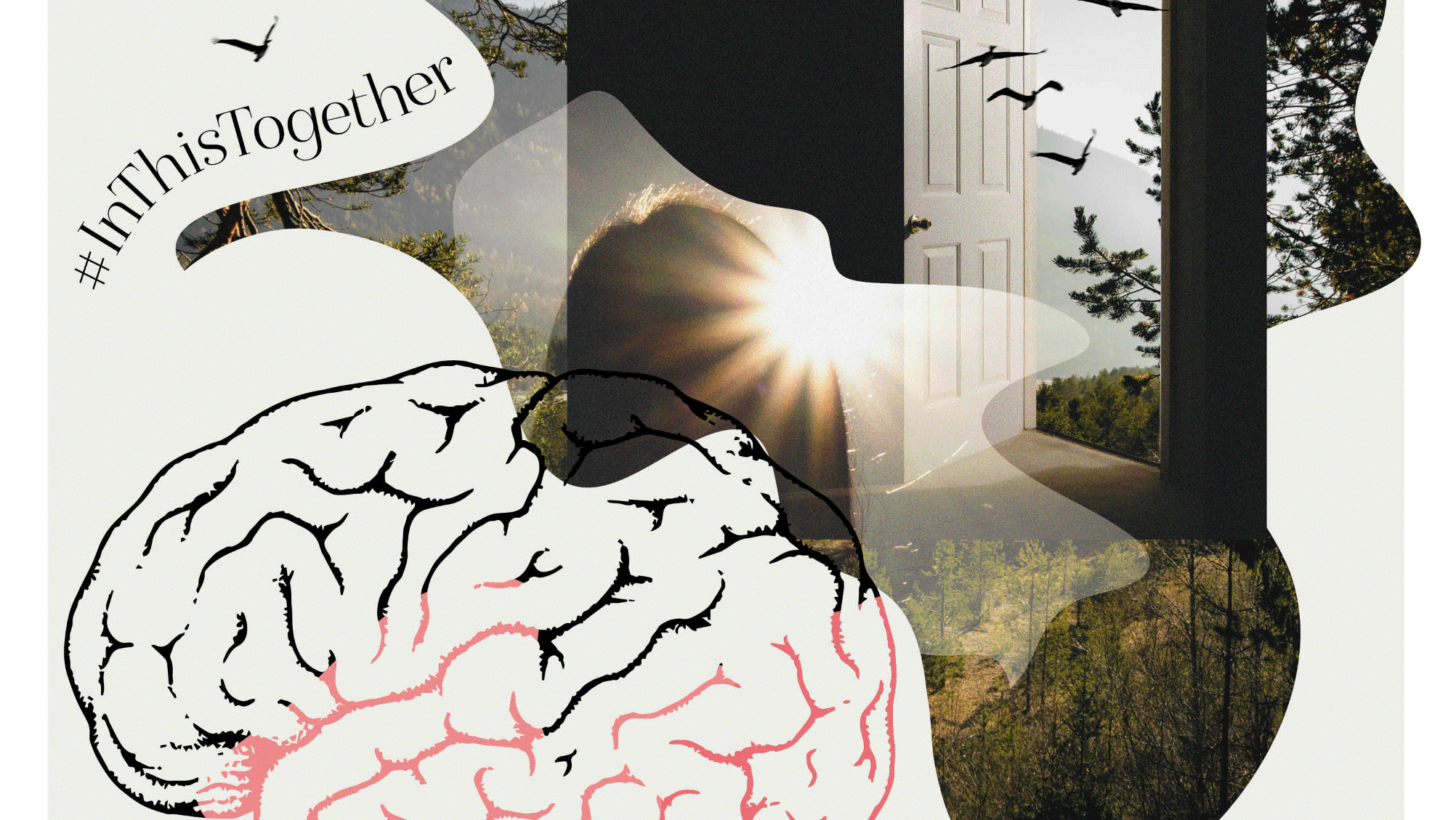Practice these five actions each day to ease anxiety as we emerge from lockdown
As research reveals that half the UK population is suffering from post-lock down anxiety, Psychologist Fiona Murden reveals the 5 proven techniques she gives her clients

As research reveals that half the UK population is suffering from post-lock down anxiety, Psychologist Fiona Murden reveals the 5 proven techniques she gives her clients
As the restrictions of lockdown are slowly eased, the parks are full, the shops are reopening, and our favourite restaurants are taking bookings. Things are slowly creeping back to normal, and yet the very uncertainty about the next stage of lockdown is itself creating anxiety.
If you're stressed right now, you're not alone. In its regular update on wellbeing, The Office for National Statistics (ONS) reveals the number of people reporting deep levels of stress right now has more than doubled compared to 6 months ago, with personal wellbeing, job security and the financial impact of Covid-19 high on people's lists of concerns.
So what can you do to protect yourself? As a psychologist, I've come up with a simple -5-a-day mental health practice - an acronym of COVID. Its a memorable prompt for trying times.

1. Connect
It’s easy to forget to connect when navigating daily life but it’s critical to mental health. In many cases we still won’t be able to see most of our friends and family in person, so make time each day to speak to someone close to you on the phone. Facetime and zoom are great but staring at a screen for too long is mentally tiring. Social media doesn’t offer the same depth of connection so don’t rely on it too much, but it is definitely better than no connection at all. Plus you can still wave, smile and say hello to friends and even strangers when you’re 2m apart.
2. Observe
Lockdown has slowed our pace of life - we’ve been able to hear birdsong, watch the clouds move, notice trees blowing in the breeze. Savouring our surroundings like this is something we should hold onto even when life returns to normal, when the pace picks up and we start rushing from one thing to the next. It’s so good for our soul to observe and be mindful. Remind yourself to stop and stay still every so often, notice nature, really listen to when someone speaks to you, get out of your head and into the world around you.
3. Volunteer
People are finding all sorts of innovative ways of giving back from Captain Tom’s garden lengths to clapping to show our appreciation for the NHS. Giving back and helping others is really good for our mental health. Volunteering could mean doing something as simple as speaking on the phone to a friend who needs cheering up, checking in on an elderly relative or doing a bit of shopping for a neighbour. Whatever fits with your life - giving back is not only good for those you’re helping but for you too. If nothing else just remember to be kind.
Celebrity news, beauty, fashion advice, and fascinating features, delivered straight to your inbox!
4. Introduce movement
We didn’t evolve to sit still which is probably why it’s good for our mental health to keep moving. Lockdown has encouraged us to exercise more - well it's one of the few things we’ve been allowed to do to escape our homes. But how can we keep that going when life returns to normal or even when we’re spending hours on zoom working from home? It can be as simple as stretching every hour, giving yourself five minutes between work calls to get up and move around or taking a stroll around the block. The important thing is to remember to do it and keep it as one of your daily priorities.
5. Develop new interests
Continued learning has been shown to positively impact confidence, self-esteem, self-efficacy, life-satisfaction, capacity to cope and general well-being. Learning also helps us to develop social skills, ultimately extending social networks, and promoting tolerance of other people. That doesn’t however mean you have to put loads of pressure on yourself by signing up to a postgrad course. Do things that make your heart sing – read a book, watch a documentary, listen to different points of view. Try setting yourself small, doable, enjoyable weekly goals to help keep this as one of your mental health five a day.
* If you need help or advice: contact the mental health charity Mind by calling 0300 123 3393 or visiting mind.org.uk
* Fiona Murden is a chartered psychologist. She has worked with people in business, sport and the NHS helping to enhance emotional resilience and performance for the past 18 years.
The leading destination for fashion, beauty, shopping and finger-on-the-pulse views on the latest issues. Marie Claire's travel content helps you delight in discovering new destinations around the globe, offering a unique – and sometimes unchartered – travel experience. From new hotel openings to the destinations tipped to take over our travel calendars, this iconic name has it covered.